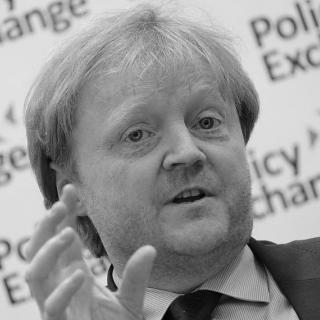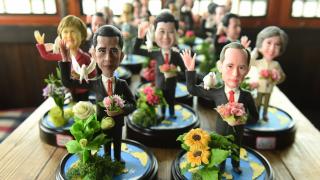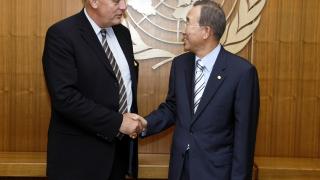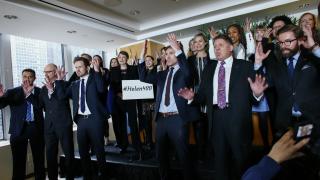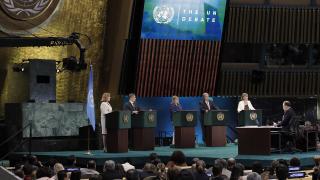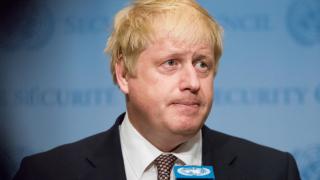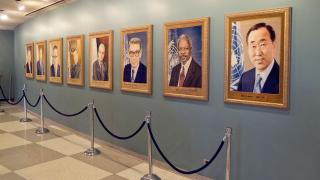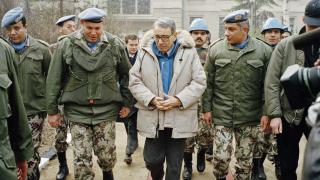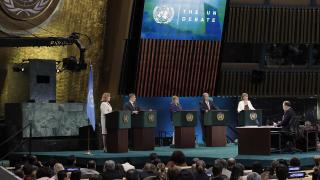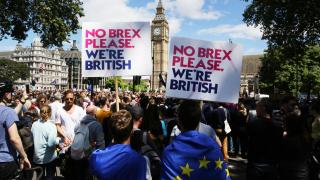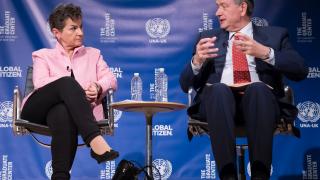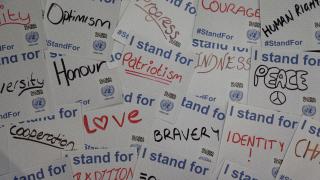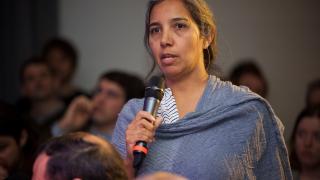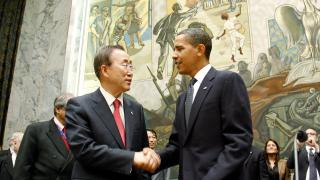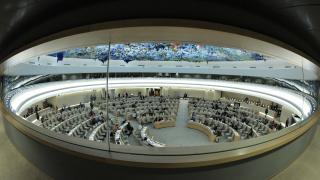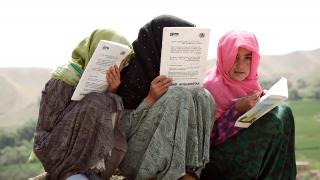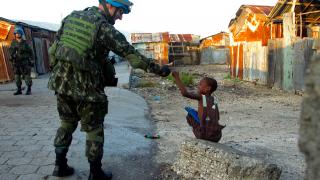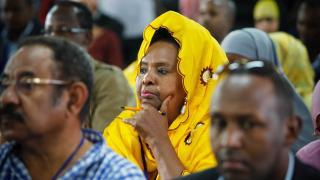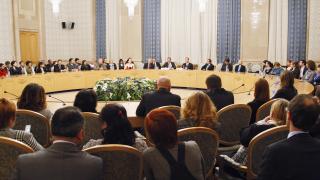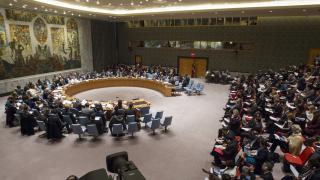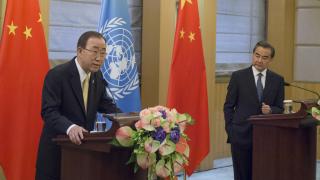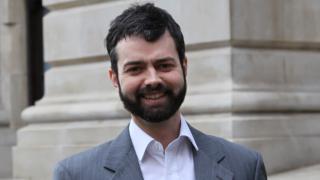It is an enormous privilege to take over from Sir Jeremy Greenstock as Chair of UNA‑UK. I do so at a time when making the case for international cooperation and global citizenship, and British leadership of these values, has never been more important.
A quick look around the world reveals a catalogue of challenges – some long‑standing and familiar, some more recent – that affect the interests of both our country and the global community. Economic fragility continues to threaten stability around the world, as do the perils of uncontrolled climate change. More recently, we have seen the spread of a new variety of international terrorism, and the emergence of the most serious displacement crisis since 1945. Civil wars in Yemen and Syria have brought unspeakable tragedy with no end in sight, and threaten to draw in countries not just from the region but around the world. Meanwhile, in the midst of these crises, the UK’s decision to leave the European Union has created uncertainty about Britain’s future commitment to wider international engagement.
These challenges have put a serious strain on both international institutions and faith in global cooperation. The story is not all bleak – for example, the Paris Agreement shows what is possible through ambition, hard work and compromise (see p. 28 for details of our new climate change publication). But those of us committed to the indispensability of partnership among the community of nations, and robust international organisations with authority and capacity to act, need a stronger voice now than for many decades.
I passionately believe that UNA‑UK should lead the charge. We must be an organisation that focuses our attention on influencing decision‑makers at home and abroad, combined with working hard to build the consensus for active internationalism among the people of the UK. This will involve building on the best of our unique organisation – the energy of our members and supporters – but also adapting to changing times: by reaching out to engage new audiences, and developing a wider range of activities and events.
Under Jeremy and Natalie’s leadership, UNA‑UK showed with its 1 for 7 Billion campaign how a lasting impact on the international stage can be achieved by focusing on a clear set of issues with defined goals. These campaigns can succeed when there is unity of purpose – from the team in the UNA‑UK offices in London to members, supporters, students and friends in organisations with whom we work. We need to translate our faith in the value of internationalism into targeted ambitions for change, and dedicate our organisation to achieving them. Richard Nelmes talks on p. 25 about one such planned campaign.
To make all this possible, however, UNA‑UK needs continued financial support. I hope you will forgive me for the regularity with which I will ask you to provide that support, and to encourage others you know to do likewise. We are an organisation without corporate sponsorship and no financial support from the United Nations. If we are to survive and have an impact with new priorities and new campaigns, we will need this very practical help from you all, and to grow the base of donors to help fund our work. So, without apology, my call for your support begins here and now: please donate and help build our movement.
I know that you all share my enthusiasm for adapting to the next phase in UNA‑UK’s history, and I look forward to travelling around the country to meet many of you in the coming months.
Photo: copyright UNA-UK

